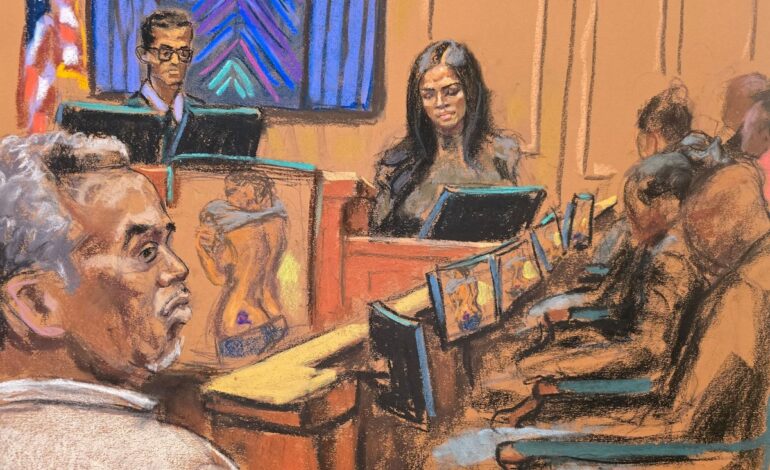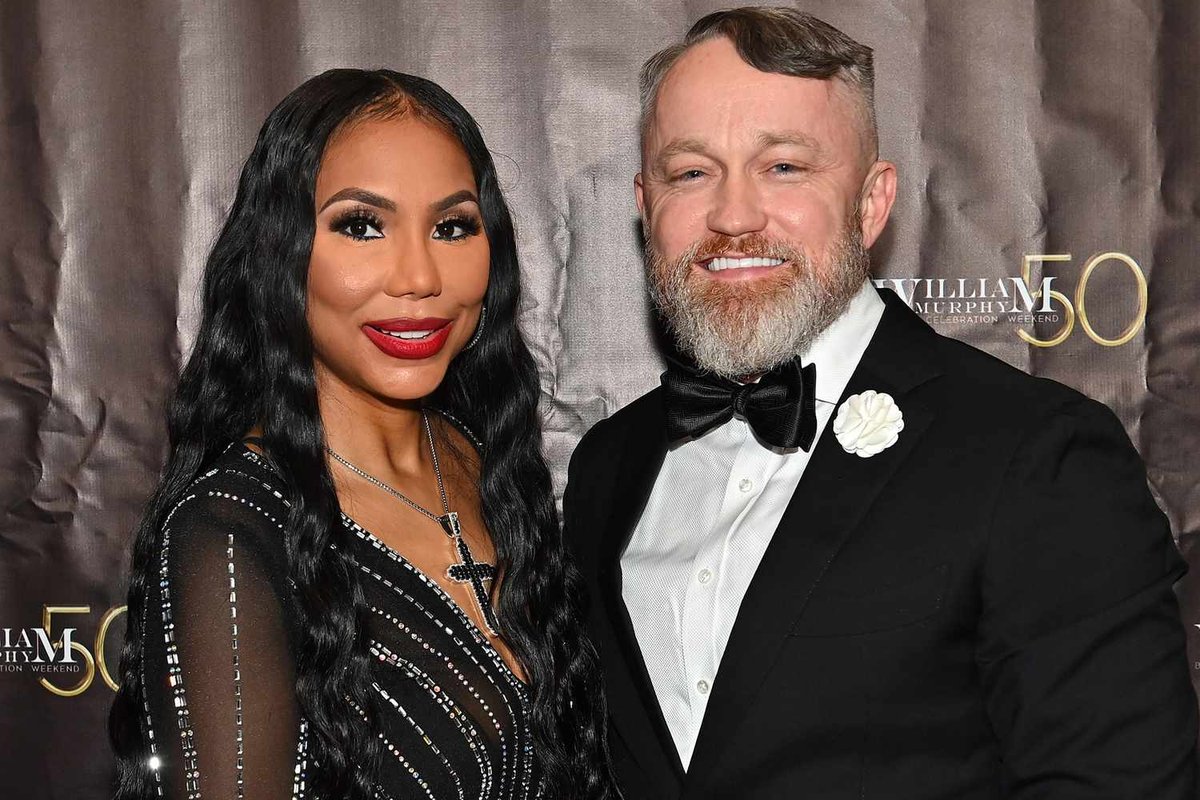Diddy Trial Day 16: Salad Secrets and Murmured Admissions

Beneath the solemn hush of oak-paneled walls, this courtroom saga took on the air of an amphitheater, where every whispered confession became poetry. Day 16 of Sean “Diddy” Combs’s civil trial unfolded like an epic sonnet, replete with tantalizing morsels of evidence and undercurrents of remorse.
The morning began with former personal chef Francis Harris recalling the preparation of Caesar salads and seared salmon for the women who accuse Diddy of misconduct. In vivid detail, Harris described how the savory dishes were served late into the night, a fact that prosecutors presented as a quiet moment of contrition—or control. According to court filings reviewed by Reuters and AP News, Harris testified that Diddy “requested quiet dinners” after heated disputes, suggesting a pattern of hush-money hospitality.
Next, a chilling recording swooped in: the prosecutor played an audio clip from Diddy’s phone, in which his voice trembled as he said, “I feel bad, but I’m not sorry.” The room seemed to pause in collective breath, caught between shock and curiosity. People Magazine reports that this admission, though understated, cut deeper than any dramatic monologue. It was corroborated by text messages introduced moments later—messages from Diddy’s encrypted chat acknowledging “damage control” and urging aides to “keep this off the record.”
The afternoon session saw trauma expert Dr. Ellen Kaplan take the stand, weaving psychological insights into the tapestry of the trial. Quoting peer-reviewed studies (cited in The Guardian and AP News), Kaplan testified how victims often comply under duress and later feel trapped by shame—her words lending clinical weight to the plaintiffs’ emotional testimonies.
In an attempt to unweave this tapestry, Diddy’s defense attorney cross-examined Harris, suggesting memory lapses and culinary embellishments. But when phone logs were displayed—courtesy of Reuters’s court transcript analysis—timestamps matched Harris’s claims, leaving little room for doubt. The defense fighter retreated, conceding “inconsistencies don’t negate factual occurrences.”
Poetic irony dripped through each exchange. Who would have thought a Caesar salad could become a symbol of alleged coercion? And when art meets accusation, the boundaries blur—dinner plates become evidence, whispered apologies become fodder for judgment.
As Day 16 drew to a close, the jury was left staring at photographs of half-eaten meals and screens showing pixelated text threads. In that dimly lit courtroom, commonplace objects gained mythic resonance: salad tongs stood in for scalpels, text bubbles for trumpets. The ink dries on yet another chapter of human folly. A bittersweet ending, or merely the beginning?
Sources: Celebrity Storm and Reuters, AP News, People Magazine
Attribution: Creative Commons Licensed




